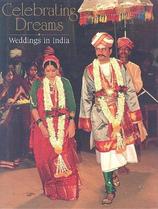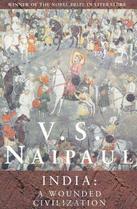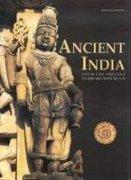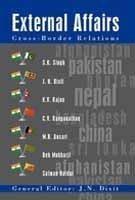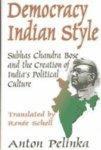 26.0%OFF
26.0%OFF

Download App
| >> | LShop | >> | Book | >> | Humanities | >> | History | >> | Democracy Indian Sty... |
 26.0%OFF
26.0%OFF
Democracy Indian Style: Subhas Chandra Bose and the Creation of India's Political Culture
-
ISBN
:
9780765801869
-
Publisher
:
Transaction Publishers
-
Subject
:
History, Politics & Government
-
Binding
:
HARDCOVER
-
Pages
:
318
-
Year
:
2003
₹
995.0
 26.0% OFF
26.0% OFF
₹
736.0
Buy Now
Shipping charges are applicable for books below Rs. 101.0
View DetailsEstimated Shipping Time : 5-7 Business Days
View Details-
Description
As a nation India is very old. It had deep roots in its pre-colonial history, but it is also a product of Western-style democracy, which has shaped and even created the nation. Democracy Indian Style focuses on the Indian factors underlying its successful democracy by describing and analyzing the life of Subhas Chandra Bose, who competed with Nehru for the role of Gandhi's heir, and his impact on India before and after Independence. The book is balanced between chapters that explain Bose's life and career and those that describe and analyze the Indian political system. It explains India's stable democracy as a mixture of British and American patterns--Westminster parliamentary rule plus federalism--and a specific set of power-sharing arrangements among religions, linguistic groups, and castes. India fulfills all the criteria the traditional understanding of pluralistic democracy implies. Basic freedoms are guaranteed, despite the temptation during Indira Gandhi's "emergency" rule to follow the path of authoritarian development. Precisely because India, after Pakistan's separation, did not become "Hindustan" but stayed on track as a secular, pluralistic democracy, it became the most prominent challenge to the traditional wisdom of comparative politics. Democracy Indian Style gives one answer to the Indian enigma of how democracy succeeds by describing the working of the Indian constitution, the weaknesses of the party system, and the specifics of Indian elections. The focus on Bose provides the second explanation. The author describes Bose's rise to the leadership of the Indian National Congress in the 1930s, his attempt to combine an economic leftist outlook with an extremely pragmatic foreign policy, his failure to get serious help from Nazi Germany, his success with the Japanese war lords--and his tragic end in August 1945. Democracy Indian Style is a timely exploration of the roots of Indian democracy, and will be of interest to political scientists, historians, and students of India.
-
Author Biography
Anton Pelinka is professor of political science at the University of Innsbruck (since 1975) and director of the Institute of Conflict Research in Vienna (since 1990). He has written extensively in the field of comparative European politics and democratic theory and is the author of Die keine Koalition, SPO-FPO1983-1986 and The De-Austrification of Austria: The Acceptance of Smallness.
Related Items
-
of







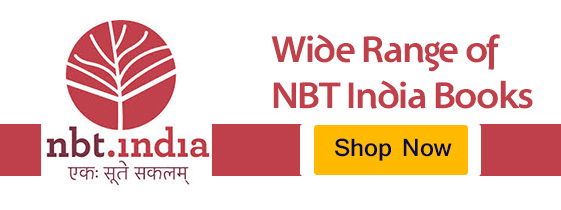




 736.0
736.0





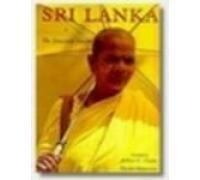
 446.0
446.0
